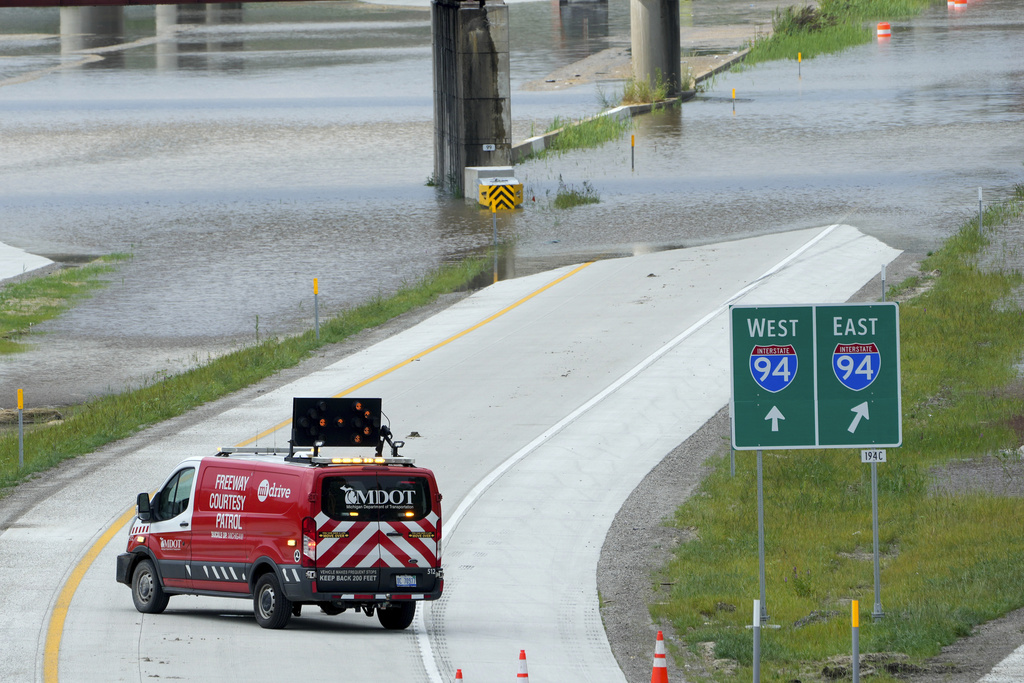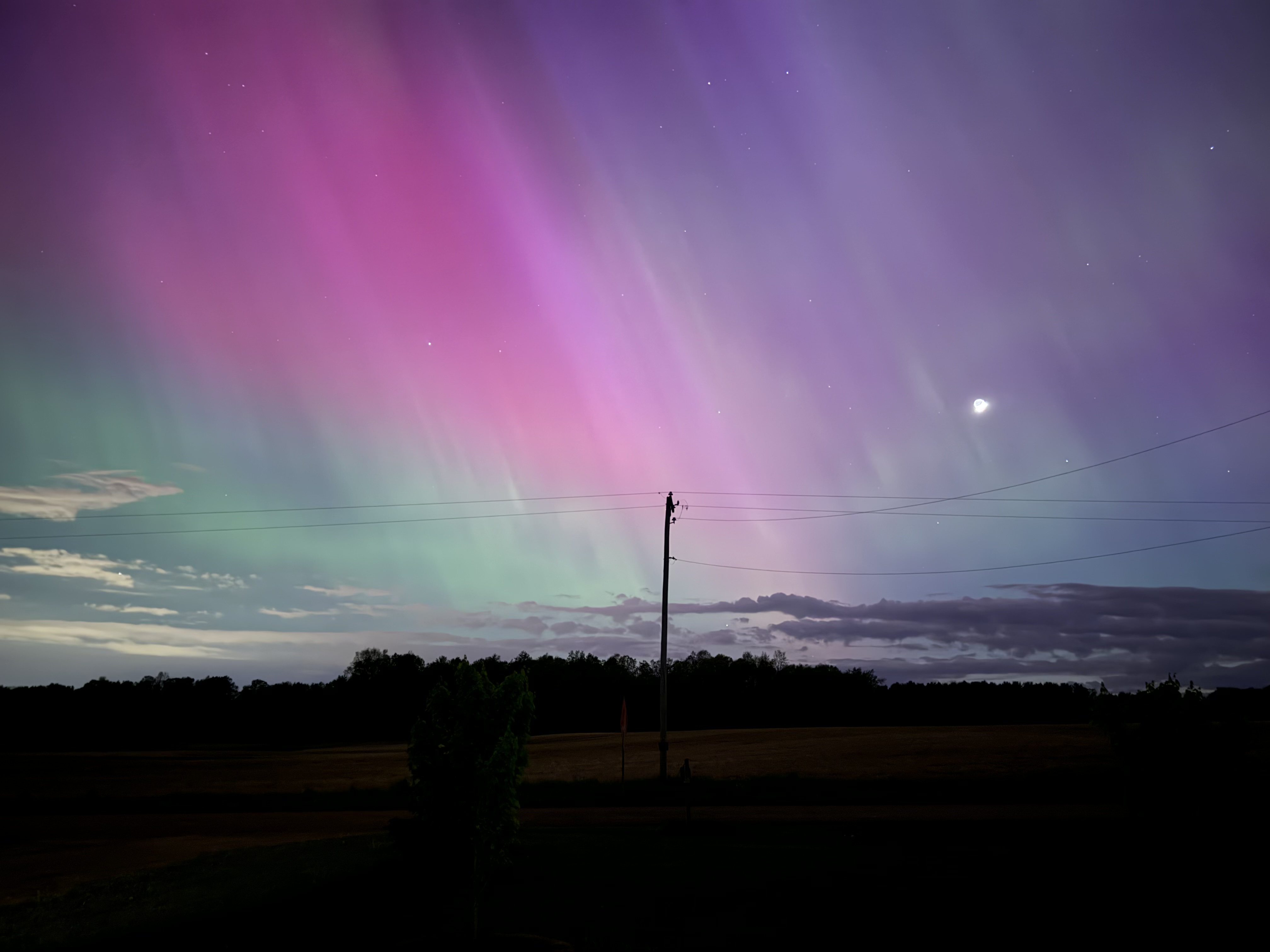A Northern Michigan environmental organization and climate activist are warning the effects of climate change are already here — and will continue to worsen unless significant changes are made.
Peter Sinclair, a Midland videographer specializing in energy and climate change, headlined the event with the Northern Michigan Environmental Action Council, discussing the future of clean energy and climate in Michigan.
Sinclair drew a particular focus on Michigan’s view by many as a “climate haven,” a region of the country with access to abundant freshwater and an ecosystem that may be more resilient to temperature change. But he warned that climate change’s effects are far from remote.
“Our temperatures are rising faster and our impacts are rising faster,” Sinclair said, citing an August article from University of Michigan researchers which identified most states in the Midwest as those most susceptible to rising temperatures in the coming decades.
Sinclair pointed out catastrophic weather suffered in the last year in much of Michigan, where February ice storms knocked out power for nearly half a million residents in southeast Michigan, midsummer wildfire smoke from Canada worsened air quality for weeks and August tornadoes killed five across the Lower Peninsula.
Poor infrastructure also plays a role in Michigan’s climate future, Sinclair said. The state ranks 45th in electricity reliability and significant flooding can lead to waterborne disease outbreaks, he said.
“We’re moving into a new condition in a world where climate has changed, not changing,” he said. “The new normal is no normal. It’s going to continue to change until we stop adding more heat trapping gases to the atmosphere.”
Sinclair devoted a portion of his presentation to highlight what he called a “concerted campaign” in rural areas to oppose clean energy projects. Zoning regulations and approval of renewable energy constructions have been sticking points in numerous Michigan communities, often creating heated situations that elected officials aren’t equipped to respond to.
“They’re being asked to make judgments on $100 million engineering projects, that they have no background in — and they’re under attack, but with threats and harassment,” he said.
Sinclair added that many local officials he’s talked with have asked for the state to take a larger role in the approval of these projects, a prospect that may be considered by the Michigan Legislature.
Earlier in the day, leading Democrats in Lansing introduced a retooled aspect of their climate plan that would transfer control over large renewable projects to the Michigan Public Service Commission rather than local officials.
Republican lawmakers quickly expressed their outrage with this proposal, with House Republican Leader Matt Hall, R-Richland Township, saying the policy would “force wind turbines and solar farms into communities against the will of local residents.”
But Sinclair was quick to point out what he called a lack of consistency from conservatives on the power local communities had to regulate their regions.
He highlighted the “plastic bag ban ban,” which prevented local governments from banning plastic bag use in retailers and restaurants, and the “Death Star” law, which prohibits local governments from establishing specific labor policies in their localities. Both policies were passed by a Republican-controlled legislature and signed by Gov. Rick Snyder.


